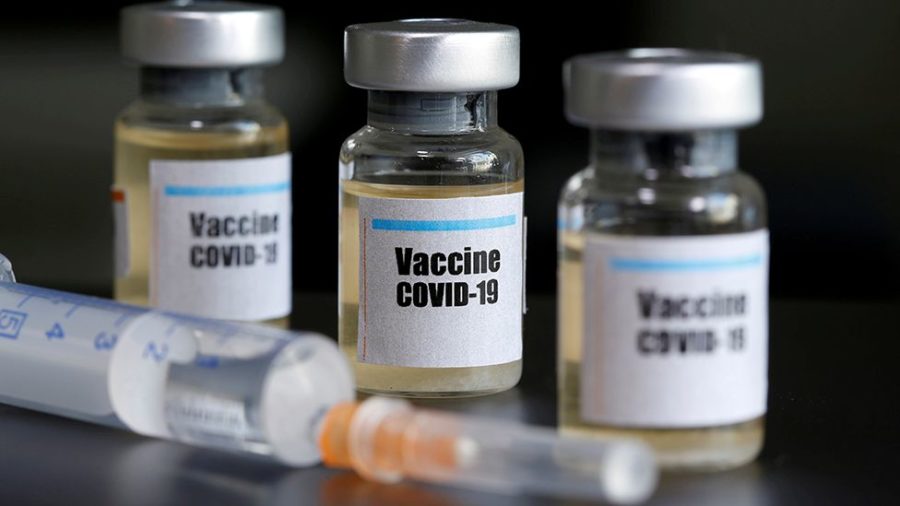Four unimmunized Mississippi residents exposed to measles in Shelby County, Tennessee are under quarantine by the Mississippi Department of Health, according to a report released by the department on May 2.
The outbreak resulted in six cases of measles in Tennessee last month. There have been no cases confirmed in Mississippi, but MSDH will continue to monitor the four individuals under strict supervision.
According to director of communications at the Mississippi State Department of Health, it is impossible to predict the severity of the outbreak and how it will affect Mississippians.
“What you can do it focus on the fact that here in Mississippi, we have the strongest immunization laws,” Sharlot said. “[We have] one of the strongest in the country.
“We haven’t had a measles case here since 1992, and that’s why we encourage everybody to always remain up to date on their vaccinations so that if there is a [measles] case, being up to date on [your] vaccinations will prevent an outbreak.”
According to the National Vaccine Information Center, Mississippi school entry immunization requirements include vaccinations for measles, mumps and rubella for all children entering a Mississippi school at any grade level.
Furthermore, the Mississippi State Department of Health recommends two doses of measles-containing vaccine for all first-time entrants to member institutions of the Mississippi university system.
“The vaccine is very effective,” Sharlot said. “It’s 99 percent effective. At this point, what we want to tell Mississippians is that these vaccinations are important and [can] help stop the spread of disease. People don’t understand the importance of vaccines, but [measles] is knocking on our backdoor right now, and people need to take notice.”
According to the press release, the exposed individuals are currently under home quarantine and physician supervision. Measles is a Class 1A condition that requires notification to the MSDH within 24 hours of knowledge or suspicion.
State epidemiologist Thomas Dobbs said it is important to remain up to date on vaccinations.
“Measles is literally knocking on our back door,” he said in the press release. “This is a highly contagious, airborne disease and is easily spread from person to person. Unvaccinated individuals are highly susceptible to infection. This is a potentially deadly virus — infants and those with weakened immune systems are most at risk.”
According to the Centers for Disease Control and Prevention, symptoms of measles generally appear about seven to 14 days after a person is infected and include high fever, cough, runny nose and red, watery eyes.
The press release said people can contract the illness up to 21 days after exposure.
According to CDC statistics, as many as one out of every 20 children with measles gets pneumonia, which is the most common cause of death from measles in young children. One child out of every 1,000 who gets measles will experience swelling of the brain that can lead to convulsions and result in deafness or intellectual disability.
Additionally, for every 1,000 children who get measles, one or two will die from it.
“Do they need to worry? No,” said Sharlot. “Do they need to get their vaccines? Yes.”
The Moffitt Health Clinic at The University of Southern Mississippi offers an MMR vaccine for $70.
































